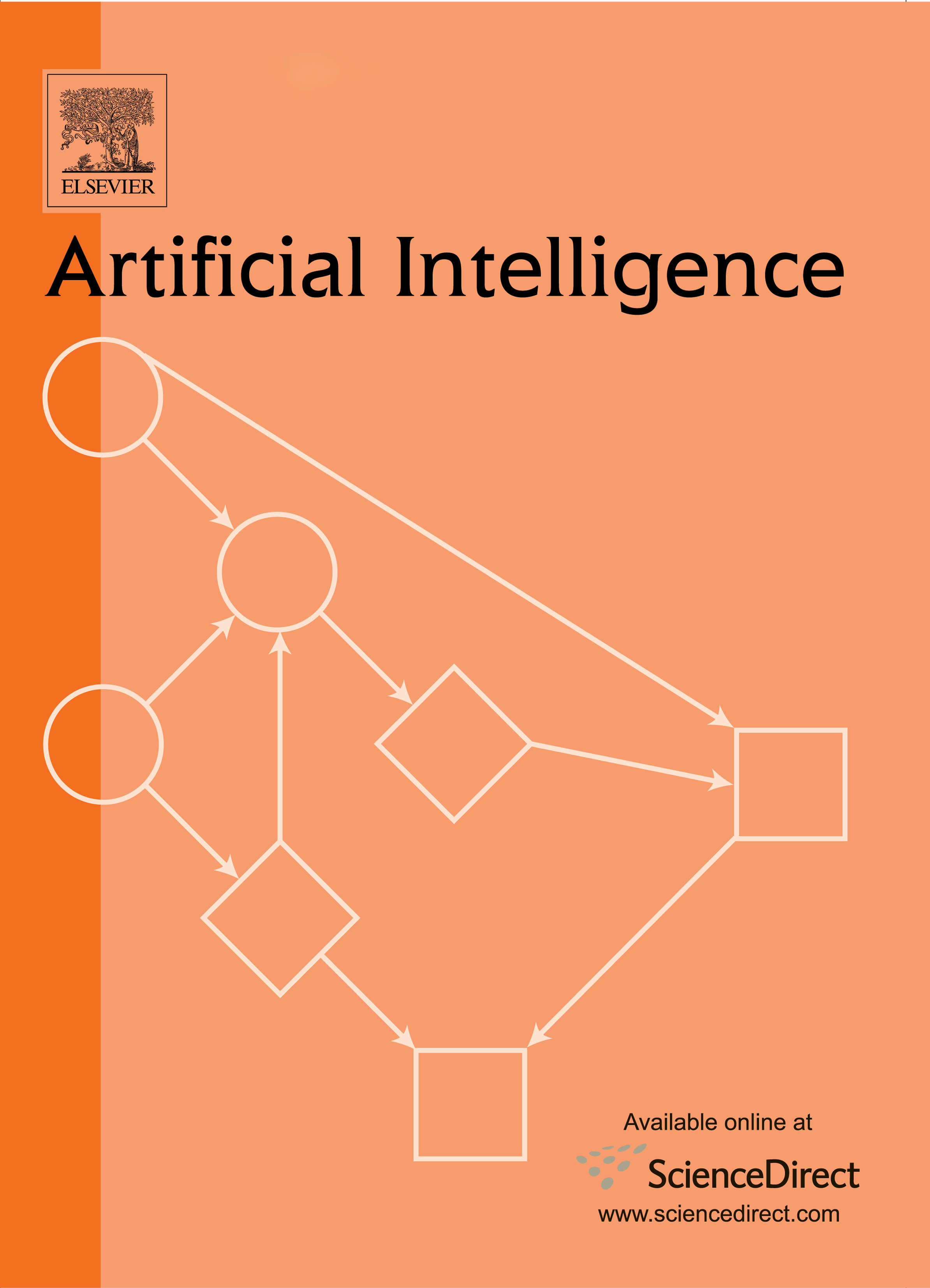AAAI/ACM SIGAI New and Future AI Educator Program
last updated: Edited Dec 15, 2023
The NFAIED Program
The 14th Symposium on Educational Advances in Artificial Intelligence (EAAI), AAAI, and ACM SIGAI are pleased to announce the AAAI/ACM SIGAI New and Future AI Educator (NFAIED) Program for 2024, sponsored by ACM SIGAI and AAAI. The New and Future AI Educator Program provides partial travel support for new educators (early career lecturers, assistant professors, and other university or secondary school faculty) and future educators (full-time PhD candidates or postdocs at colleges and universities who intend a career in academia) to attend EAAI-24, co-located with AAAI-24.
EAAI-24 provides a venue for researchers and educators to discuss pedagogical issues and share resources related to teaching and using AI in education across a variety of curricular levels (K-12 through postgraduate training), with an emphasis on undergraduate and graduate teaching and learning. Awardees are expected to participate actively in EAAI-24, and should have an interest in AI pedagogy, adopting new materials and resources for teaching AI, applications of AI to education, or becoming involved with the AI Education community.
It is not necessary to have a paper accepted to EAAI-24 or be a past participant in order to apply; the New and Future AI Educator Program is intended to include both new and current members of the EAAI community.
Application
As part of the application, potential participants are asked to provide a 400-500 word statement addressing one of the following "blue sky" questions:
- How should standard CS courses evolve to incorporate AI topics?
- How do we integrate LLMs in AI education?
- How could we teach AI topics at an early undergraduate or a secondary school level?
Potential participants can also choose to answer their own “blue sky” question.
The blue sky response should be framed as if it were a section of a paper on education. Selected participants will have the opportunity to present their ideas on these topics briefly during EAAI. A collection of the blue sky responses will further be published in the ACM SIGAI’s AI Matters magazine.
To apply, fill out this form by January 10, 2024.
Past NFAIED Awardees
2023
Rajiv Ratn Shah IIIT Delhi: How could we teach AI topics at an early undergraduate or a secondary school level?
Yaman Kumar IIIT-Delhi, State University of New York at Buffalo: Can we use some advances in AI to teach AI?
Alexi Orchard University of Waterloo: Using Critical Design Methods to Teach AI Ethics
Carolyn Jane Anderson Wellesley College: Making AI Education More Interdisciplinary Through Computational Creativity
ACM SIGAI AI Matters article: EAAI-23 Blue Sky Ideas in Artificial Intelligence Education from the AAAI/ACM SIGAI New and Future AI Educator Program
2022
Zhuoyue Lyu University of Toronto: How could we make AI education more interdisciplinary?
Emmanuel Johnson University of Southern California: AI education can be leveraged to promote diversity in the field
David Johnson Uppsala University: Embodied AI Ethics
Henry Chai Carnegie Mellon University: Multidisciplinary Ethics in AI
Daniel Garijo Universidad Polite ́cnica de Madrid: Bridging the gap between AI courses and Open Science
Christopher MacLellan Drexel University: How to make AI more interdisciplinary
ACM SIGAI AI Matters article: EAAI-22 Blue Sky Ideas in Artificial Intelligence Education from the AAAI/ACM SIGAI New and Future AI Educator Program
2020
Ryan Blake Jackson Colorado School of Mines: Early AI Education without Computers
Lisa Zhang University of Toronto: How could/should AI courses incorporate ethics?
Adam Smith UC Santa Cruz: Incorporating ethics into AI curricula / Early-level teaching techniques
Qian Yang Duke University: How can we create a more inclusive AI/AI Education community?
Jiacheng Liu Shanghai Jiao Tong University: How could we make AI education more interdisciplinary, specifically to benefit non-engineering fields?
Rajiv Ratn Shah IIIT Delhi: How can AI topics be taught at an undergrad/secondary level?
Paul Taele Texas A&M University: Teaching AI through Hands-on Intelligent User Interfaces Research
2019
Marion Neumann Washington Univeristy in St. Louis: A First Introduction to Modeling and Learning using the Data Science Workflow
Abhijit Suresh University of Colorado Boulder: Using analogies to introduce AI topics in secondary schools
Giulia Toti University of Houston: Machine Learning for Freshmen
Zhen Bai University of Rochester: Tangible Data: Towards Hands-on AI Education for K-12 Students
Michael Guerzhoy Princeton University: Teaching Machine Learning Across Campus by Centering Models
Pat Virtue Carnegie Mellon University: Connecting AI Concepts to Secondary School Mathematics
2018
Stephanie Rosenthal Chatham University: How to teach AI to early undergraduates?
Ansaf Salleb-Aouissi Columbia University: How could/should AI courses incorporate AI Ethics into the curriculum?
Raghuram Ramanujan Davidson College: How to teach A.I. topics to early undergraduates or secondary school students?
Rushit Sanghrajka University of Utah: How could we make AI education more interdisciplinary, specifically to benefit non-engineering fields?
Zachary Pardos UC Berkeley: How could we make AI education more interdisciplinary, specifically to benefit non-engineering fields?
Second Year Program: Joshua Eckroth Stetson University, Claudia Schulz TU Darmstadt, Tom Williams Colorado School of Mines
2017
Claudia Schulz Imperial College London: Bridging Across Disciplines
Francesco Maurelli Jacobs University Bremen: Student-Centric Discovery
John Lee Antioch University: AI in K-12 Education
Joshua Eckroth Stetson University: The Role of Ethics in AI Education
Mark Crowley University Waterloo : AI Education through Real-World Problems
Richard G. Freedman U. Massachusetts Amherst: Making AI Concepts More Accessible
Rogelio E. Cardona-Rivera North Carolina State University: Rethinking the AI Ethics Education Context
Tiago Machado New York University: Lifelong Kindergarten for AI
Tom Williams Tufts University: Training Students in AI Ethics
ACM SIGAI AI Matters article: Blue sky ideas in artificial intelligence education from the EAAI 2017 new and future AI educator program
Questions may be directed to the current EAAI symposium co-chairs.
Marion Neumann
Washington University in St. Louis
https://sites.wustl.edu/neumann/
Stephanie Rosenthal
Carnegie Mellon University
https://www.cs.cmu.edu/~srosenth/

|

|

|